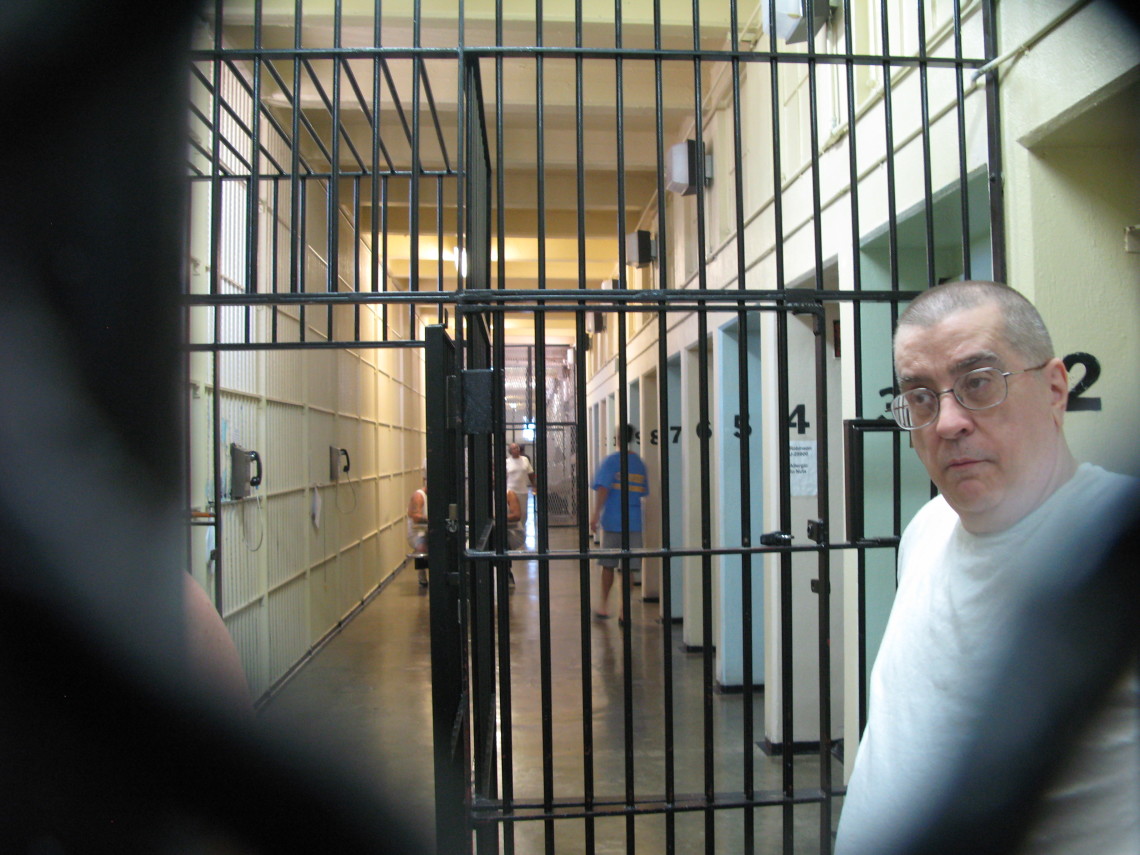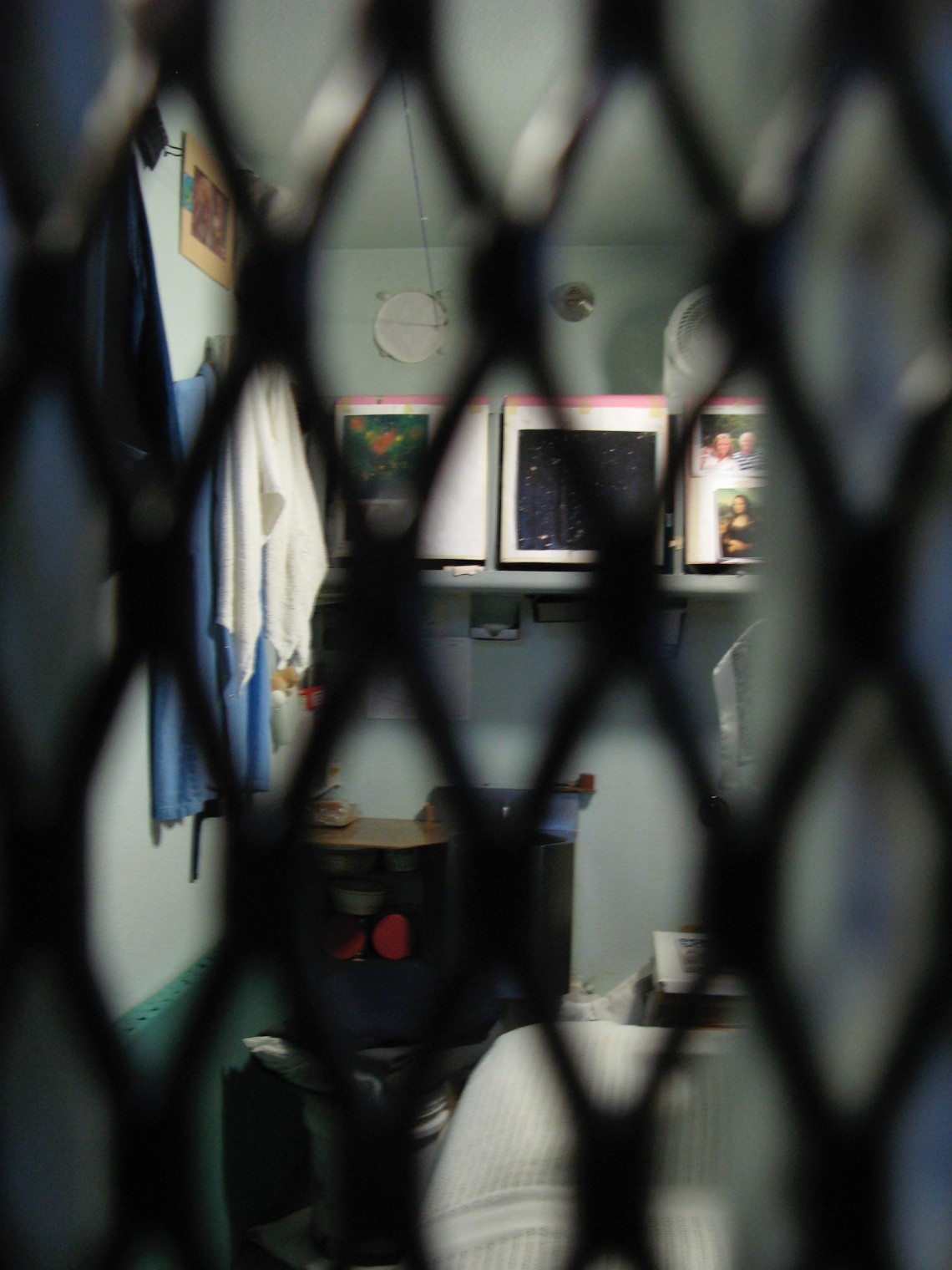One day in 2012, I was given exclusive press access to California’s Death Row where more than 700 men live inside three separate cell blocks. I was allowed to speak with and interview any inmate who wanted to talk. For six hours, more than two dozen men described their lives on death row. One of the men I spoke with was William Dennis, who was sentenced to death in 1988 for the 1984 murders of his ex-wife and her unborn child.
I asked him, “What don’t people know about living on death row that you could tell them?”
“It’s more boring than anything else cause you really can’t do a whole lot and it’s very isolated and that’s pretty much it.”
After I left Death Row that day, William Dennis and I kept in touch. In fact, he wrote letters and called several times to share updates on his appeals — Dennis has been appealing his death sentence in US Federal District Court for the past 16 years — and the conditions on the row.
During a recent call I asked Dennis about the Supreme Court’s decision to hear oral arguments on whether or not executing people through lethal injection was a violation of the 8th Amendment’s ban on cruel and unusual punishment.
“Well, I can tell you that before, when I was thinking that I might go to the gas chamber, lethal injection sounded like a more humane method of execution. But I never thought there would be as much problem for the states to get the drugs that they need. I didn’t think they would botch it up like they have,” Dennis said.
On Monday, June 29th, 2015, the Supreme Court did issue their ruling for Glossip v. Gross on the use of the sedative midazolam in execution by lethal injection. In a deeply divided 5 to 4 decision, the court found that the use of midazolam is, in fact, constitutional.
I spoke with Rory Little, a Professor of Law at the University of California, Hastings, about the ruling.
“Well I think the skirmishing about how we execute really is skirmishing. If they were to strike down all chemicals, the states could then go to firing squad or hanging or gas chamber or electrocution, all of which have been upheld by the Supreme Court in the past as not cruel and unusual,” said Professor Rory Little. “So the real deep question is are we going to have capital punishment or not…Justice Breyer and Justice Ginsburg, quite surprisingly, announced they are now persuaded the death penalty is unconstitutional in all contexts.”
When I asked what this could mean for California’s Death Row inmates, Professor Little said, “This is not a drug that California uses. There are other drugs that are out there, although how available they are is quite disputed. There hasn’t been an execution in years [in California] and whether or not this drug is approved, the California governor has said he intends to issue a new protocol. The death penalty is stayed in California…so I don’t think you’ll see California beginning executions anytime soon, but this decision permits this process to start again.”
For further commentary on Glossip v. Gross, Scotusblog broke down the ruling “In Plain English” and Life of the Law scholars Hadar Aviram and Austin Sarat have written posts for the Life of the Law blog.
The segment was produced by Kirsten Jusewicz-Haidle and originally appeared in Episode 60: The Bear.










